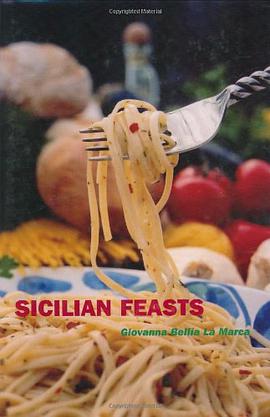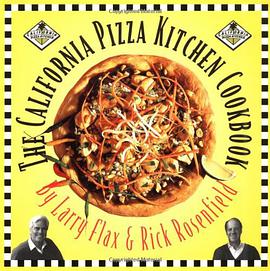

Cinema has always been "literary" in its desire to tell stories and in its need to borrow plots and narrative techniques from novels. But the French New Wave directors of the 1950s self-consciously rejected the idea that film was a mere extension of literature. With subversive techniques that exploded traditional methods of film narrative, they embraced fragmentation and alienation. Their cinema would be literature's rival, not its apprentice. In Screening the Text, T. Jefferson Kline argues that the New Wave's rebellious stance is far more complex and problematic than critics have acknowledged. Challenging conventional views of film and literature in postwar France, Kline explores the New Wave's unconscious obsession with the tradition it claimed to reject. He uncovers the wide range of the literary and cultural texts-American films, classical mythology, French literature, and a variety of Russian, Norwegian, German, and English writers and philosophers-as "screened" in seven films: Truffaut's Jules et Jim; Malle's Les Amants; Resnais's L'Annee derniere a Marienbad; Chabrol's Le Beau Serge; Rohmer's Ma Nuit chez Maud; Bresson's Pickpocket; and Godard's Pierrot le fou.
具体描述
读后感
评分
评分
评分
评分
用户评价
相关图书
本站所有内容均为互联网搜索引擎提供的公开搜索信息,本站不存储任何数据与内容,任何内容与数据均与本站无关,如有需要请联系相关搜索引擎包括但不限于百度,google,bing,sogou 等
© 2025 book.wenda123.org All Rights Reserved. 图书目录大全 版权所有




















